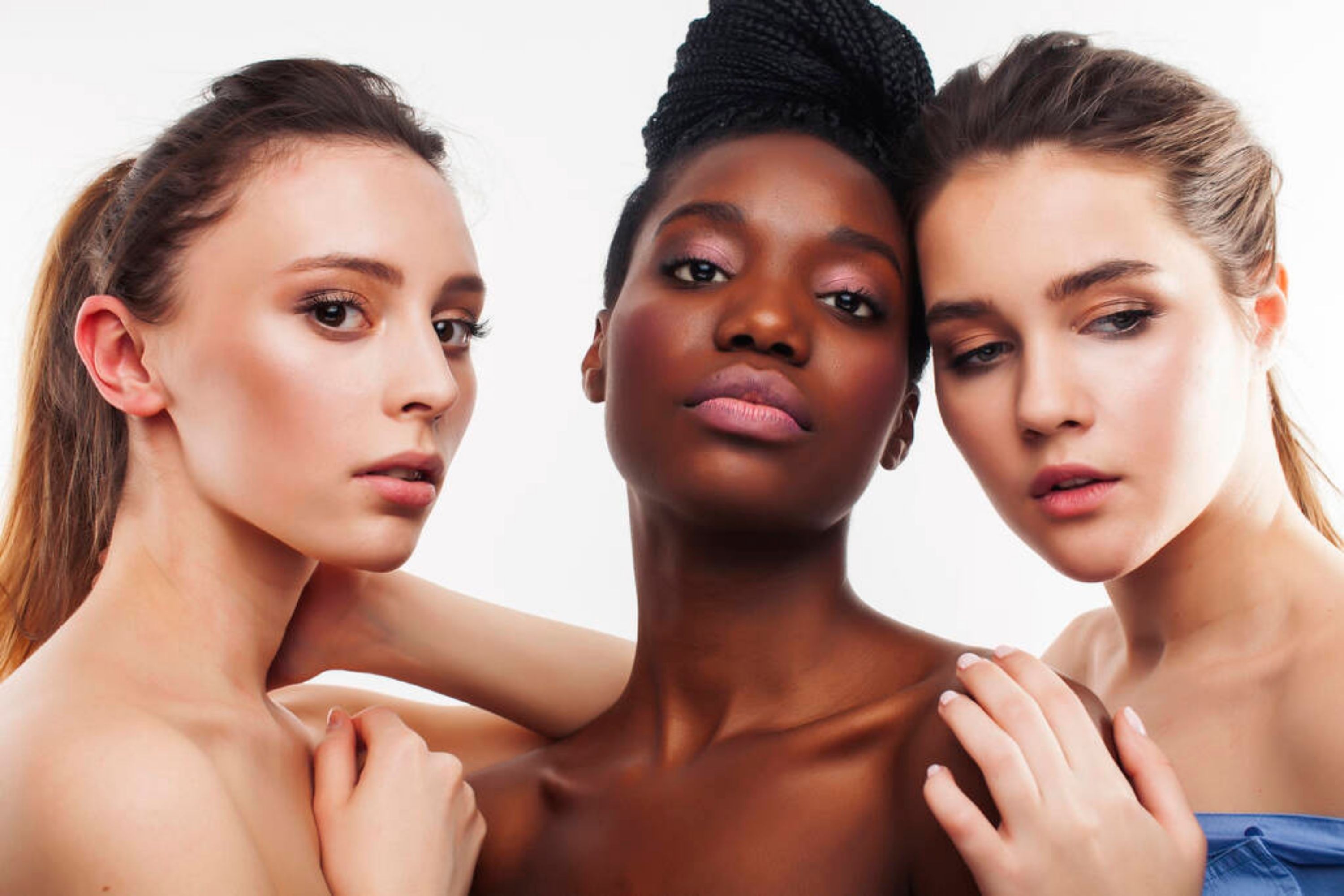Skincidental
What happens as a result of the ingredients in our beauty regimen is not just incidental-it’s do or die for your hair and body.
We are not all skincare professionals, so it can be really overwhelming trying to figure out which product is for you and which brand is just trying to guarantee themselves a sale by telling you that what you need is present in the product that they’re offering you.
It’s a real challenge to know what the right thing is for your skin type or even to figure out what skin type you have to treat.
Deciding which items and steps are a necessary part of the process for you can be trial and error, but if you go into it armed with the basic knowledge of what’s good for your skin and what’s not, it’ll be a whole lot less error.
We’ve put together a list of ingredients that are good for different skin and hair types to help guide you through the maze of modern beauty products.
Skin
Dry Skin
1.Hyaluronic Acid
HA is known for plumping up the skin and is used in anti-aging beauty products; this substance does occur naturally in your body in the eyes, skin, and joints.
It works as a humectant when applied to the skin to help it retain moisture.
It can absorb as much as 1000 times its own weight in water, so if you’re battling dry skin, it’s perfect for you.
2. Glycerine
This ingredient is incredibly gentle on dry skin. Glycerine also acts as a humectant to draw and lock in moisture.
It protects against irritants, looks after your skin barrier function, and can assist in the speedy healing of wounds.
Glycerine works well as a cleanser and functions without stripping down the skin.
3. Ceramides
These are fat molecules called lipids and they too help to lock moisture into the skin.
They keep the skin cells close together, keeping in water and plumping up the skin.
Ceramides also function as protection from environmental factors.
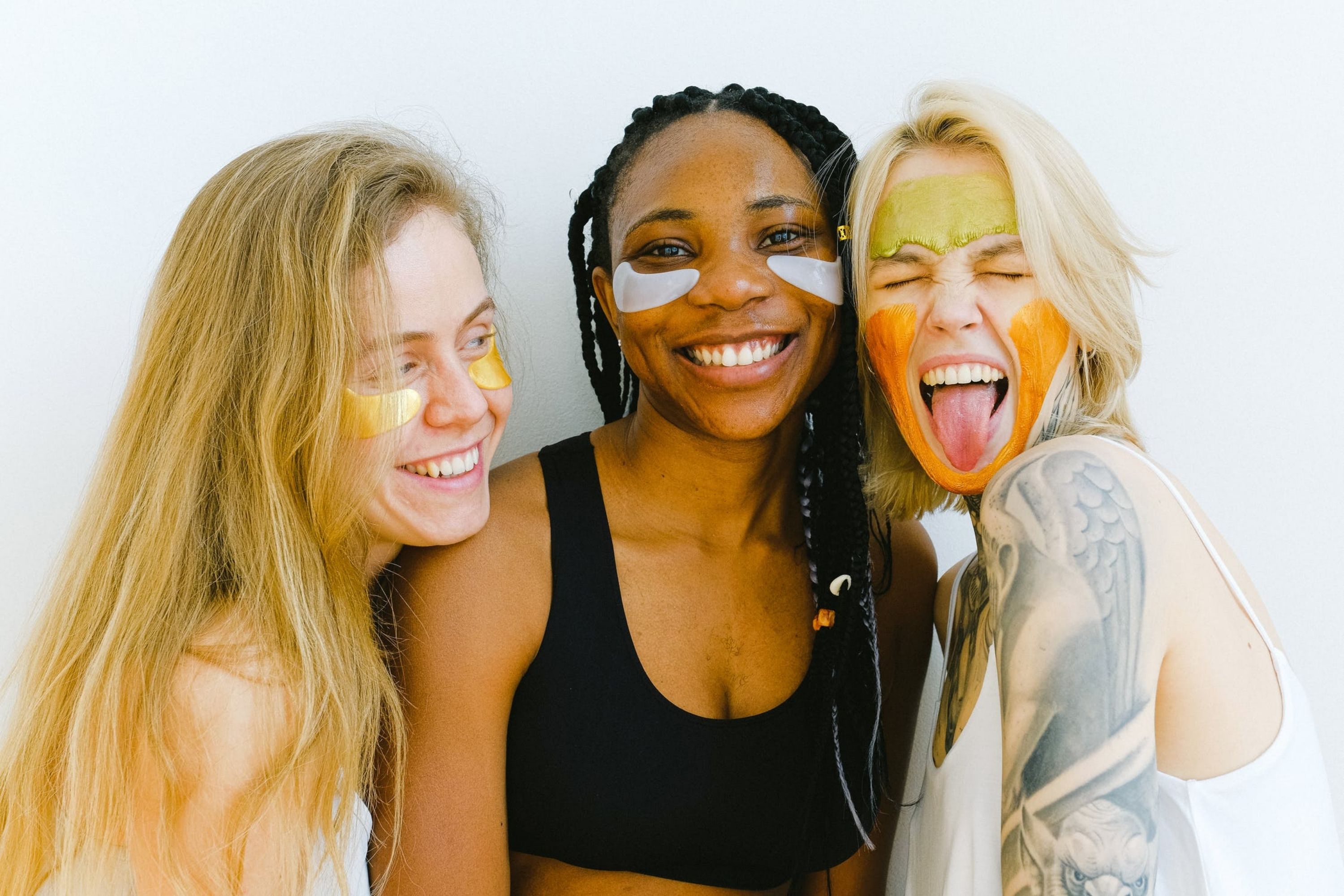
Oily Skin
1.Salicylic Acid
This is a type of beta-hydroxy acid and is the most common type used in cosmetics.
It’s a common ingredient in many chemical exfoliators but is also oil-soluble, so it can easily travel through the skin to unclog pores.
It will get rid of both whiteheads and blackheads and is less of an irritant than alpha-hydroxy acids.
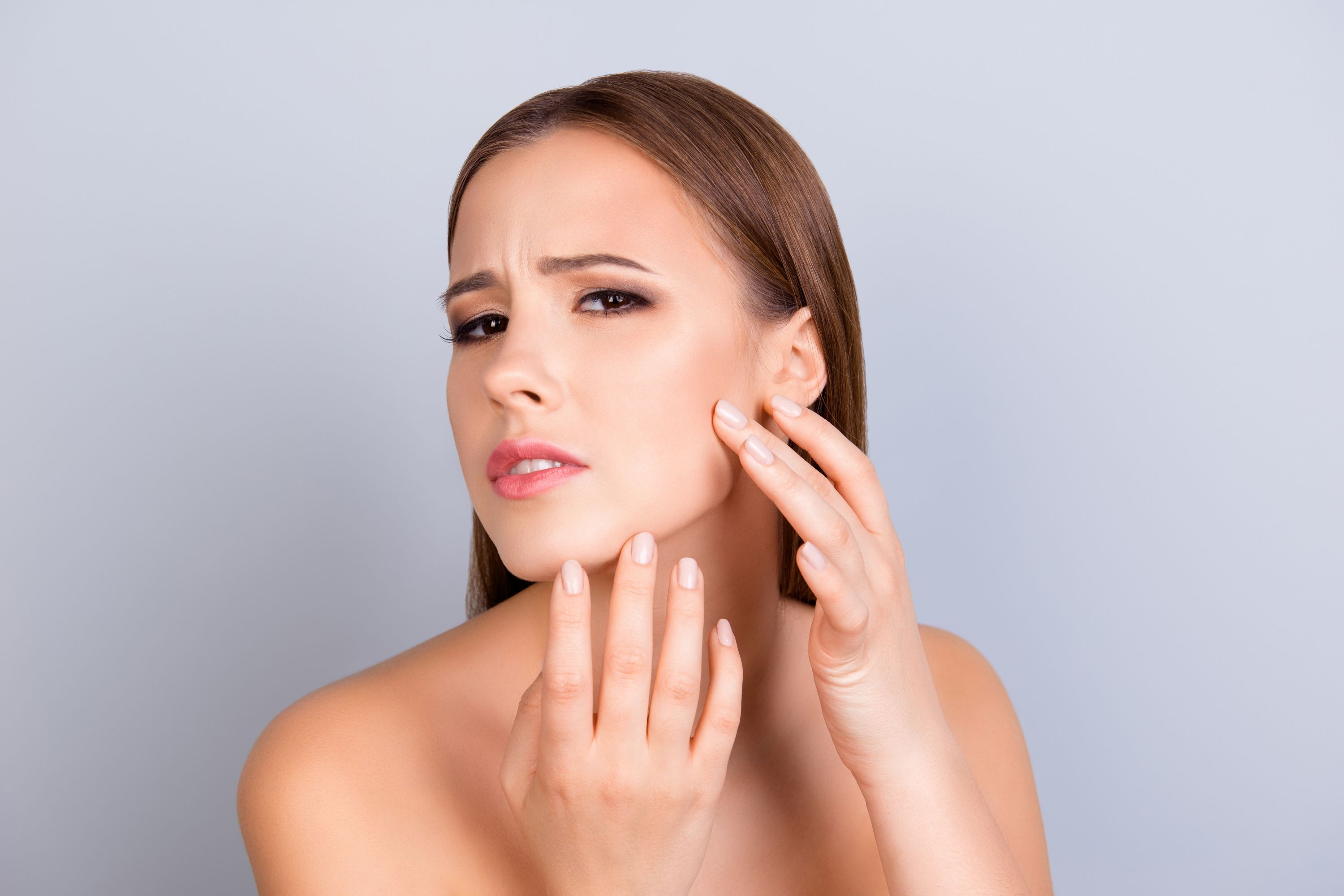
2. Castor Oil
Strange as it may sound, this is a great clogged pore fighter and also deals with acne-causing bacteria.
Castor oil is an ingredient with many uses, and it’s getting more popular by the day.
3. Retinoids
These little guys are wrinkle fighters and keep acne at bay.
Retinol use is also connected to a reduction in pore size and can help minimize the overproduction of oil.
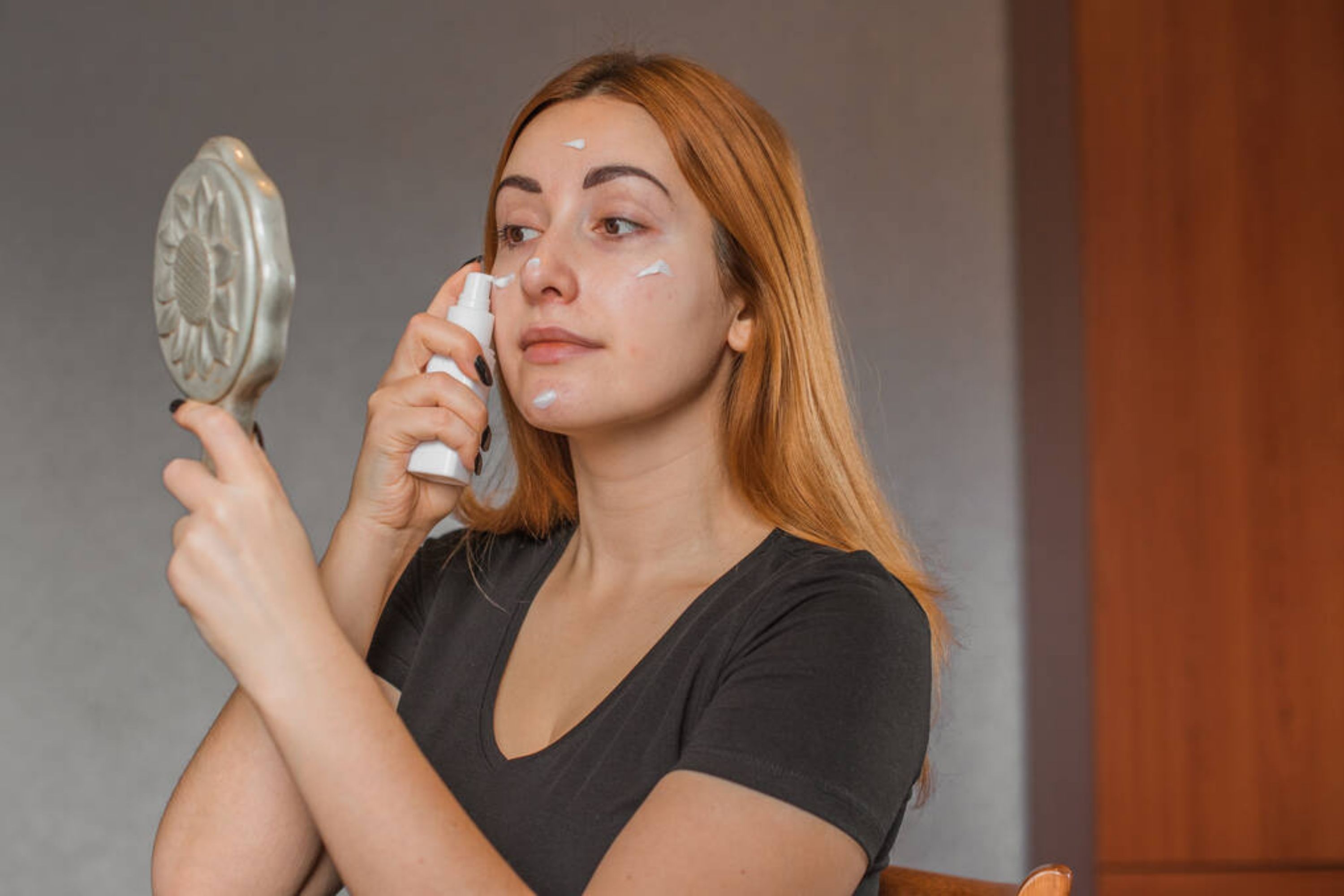
Normal Skin
1.Vitamin C
This is one of the most loved skincare ingredients, and with good reason.
It speeds up collagen production and fixes damage caused by UV exposure, as well as hydrating the skin and evening out its texture.
Best used underneath a moisturizer as it breaks down when exposed to air.
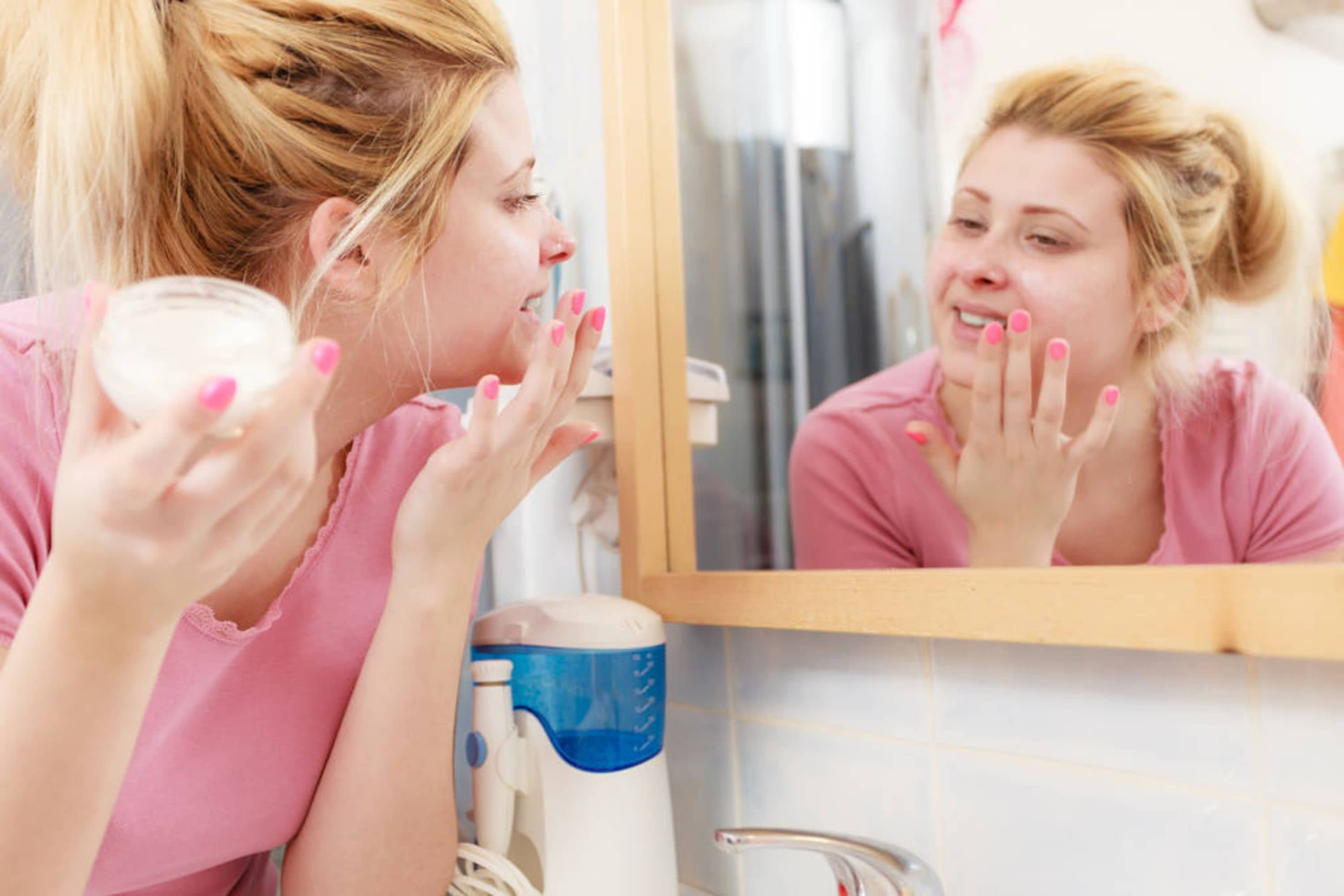
2. Fatty Acids
These can be anti-inflammatory and anti-microbial as well as lock moisture into the skin.
Omega 6, Omega 3, and Omega 9 are the best ones to use, and these can be gained by eating the right foods as well as using the right products.
3. Buriti Oil
This comes from the buriti palm and has high concentrations of beta-carotene, which reduces free radical damage and improves elasticity.
Image by Cottonbro via Pexels
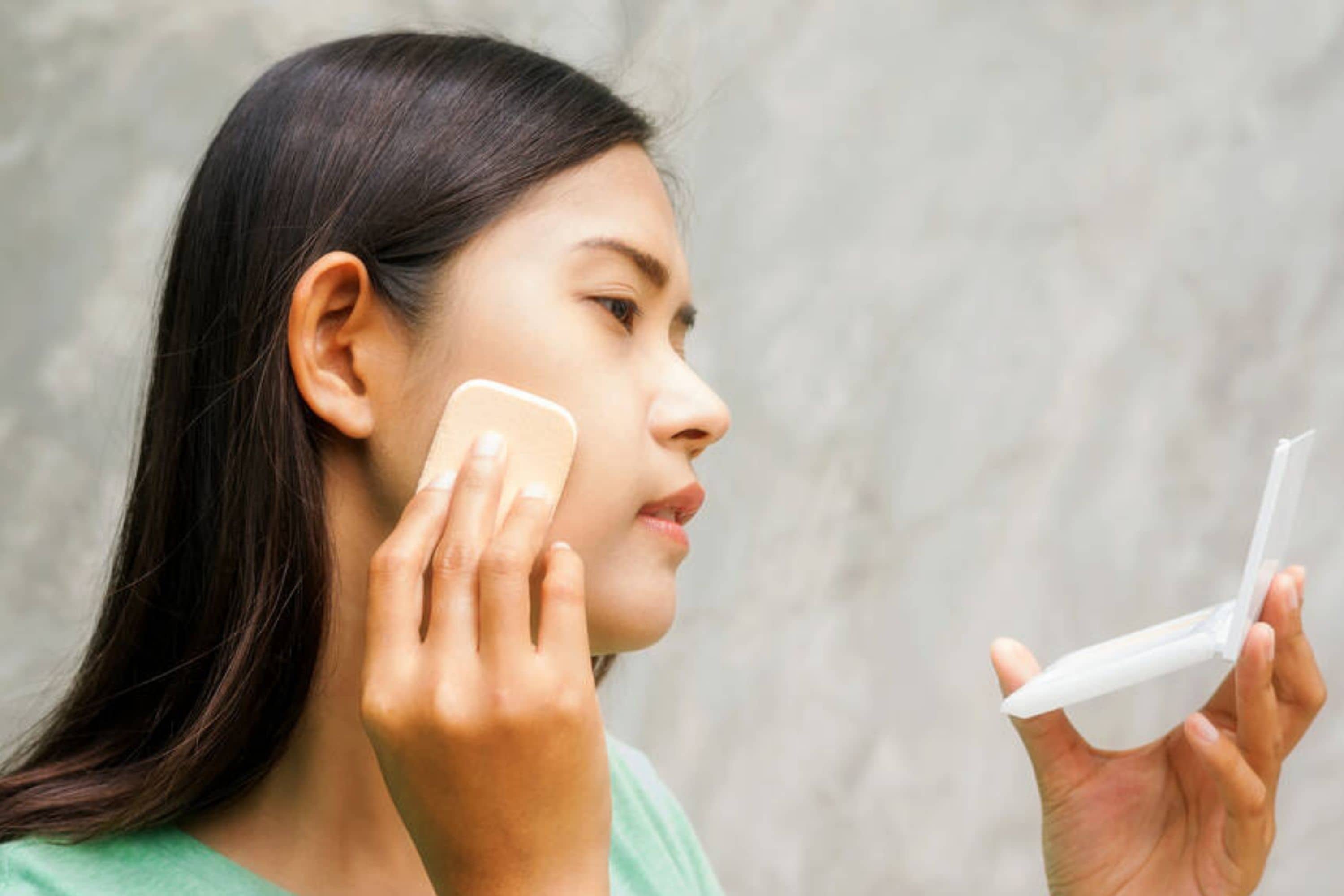
HAIR
Dry Hair
1.Honey
Firstly, honey is natural, so you know it’s good for you.
Secondly, it holds water and hydrates hair and body without leaving it oily.
It’s non-irritating, so it is good for those with sensitive scalps.
2. Pro-Vitamin B5
Panthenol is one of the best ingredients to use for dry hair.
It protects, thickens, and strengthens hair and can be purchased from most pharmacies.
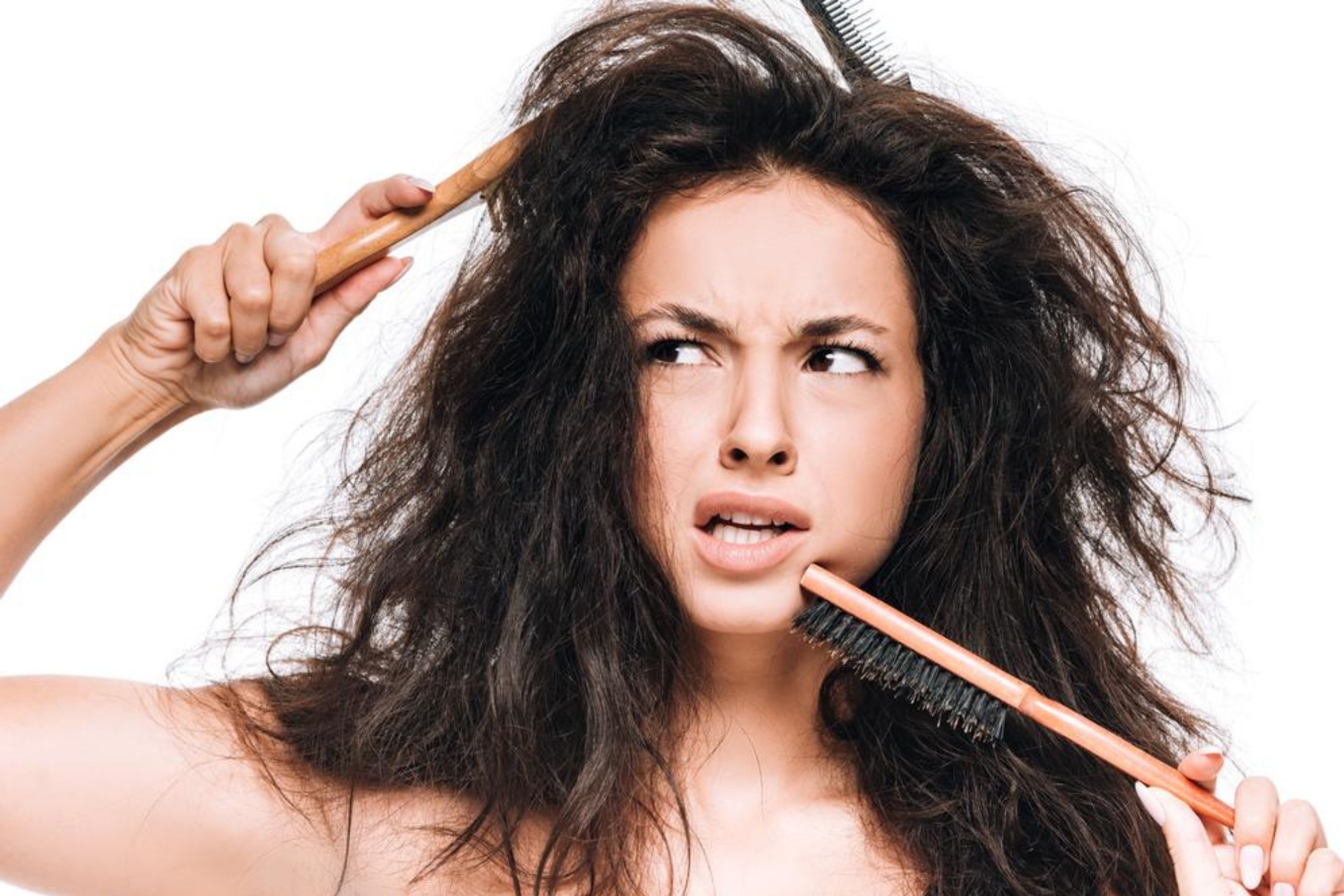
3. Aloe Vera
Is there anything that aloe isn’t good for?
It contains vitamins A, B, C, and E as well as amino acids and will moisturize hair without it becoming greasy.
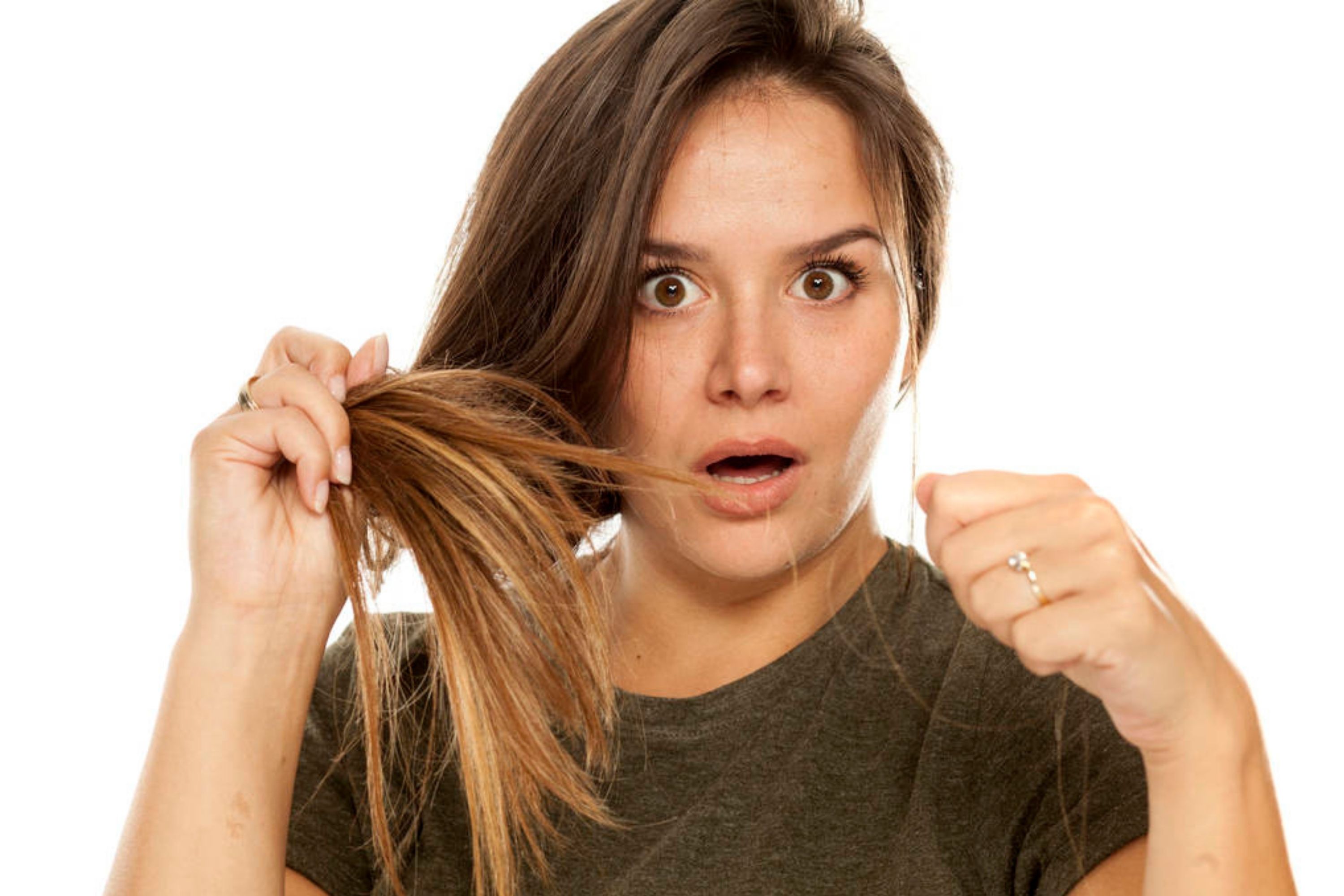
Greasy Hair
1.Lauryl Sulphates
This natural ingredient attaches to oil and impurities in the hair and takes these with it when it is rinsed out by clean water.
Stay away from synthetic ingredients, as they may throw your hair’s balance off even more.
2. Tea Tree Oil
It might sound counterintuitive, but diluted tea tree oil will deal with chemical buildup and dead skin, which will help clarify and purify your hair.
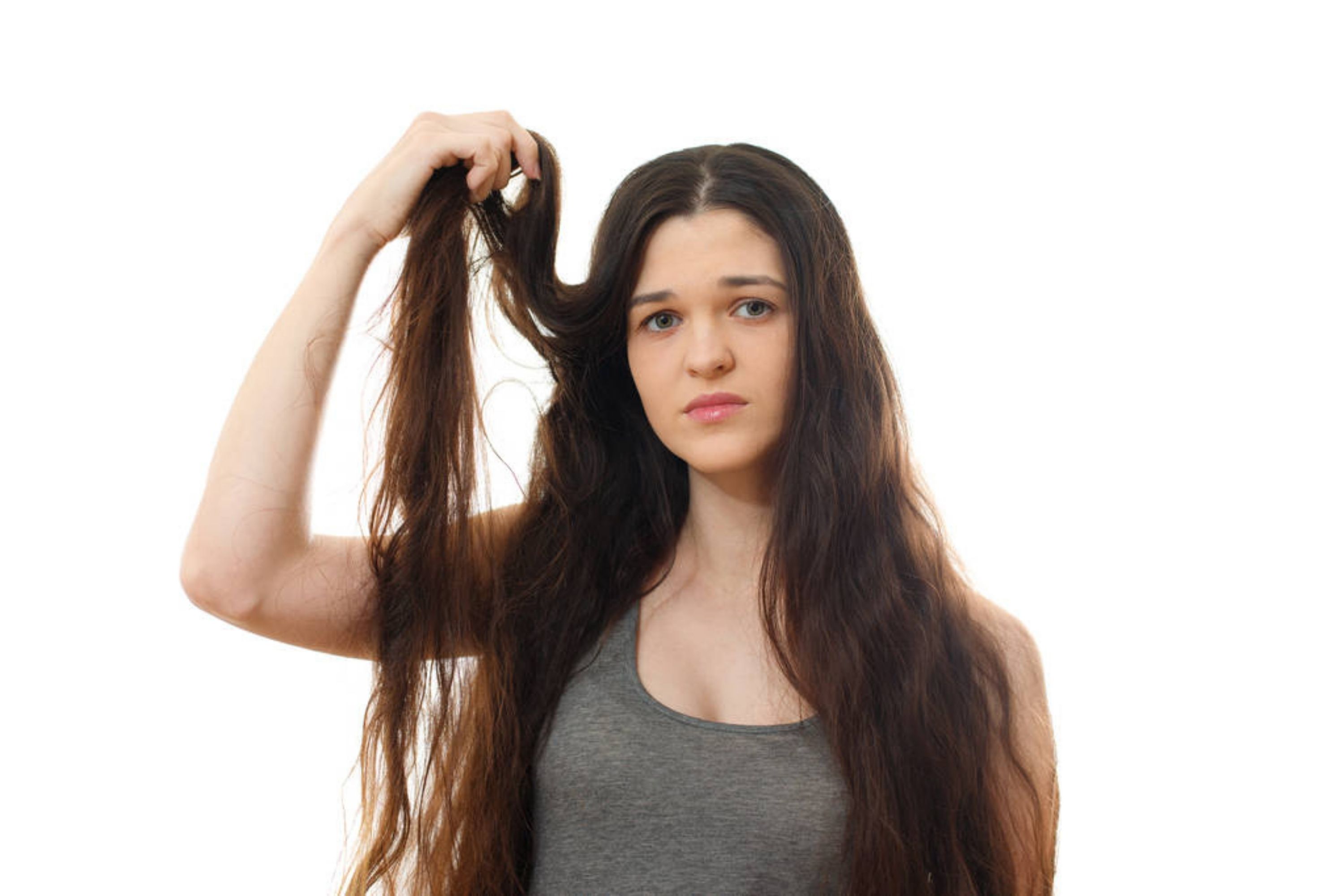
Normal Hair
1.Avocado Oil
This will keep your hair soft and smooth as it is a natural emollient.
It can also prevent and treat damage from heat styling.
2. Argan Oil
This is one you’ve probably heard of.
Argan oil contains vitamin E, oleic acid, and linoleic acid, all of which penetrate the hair shaft and prevent dryness.
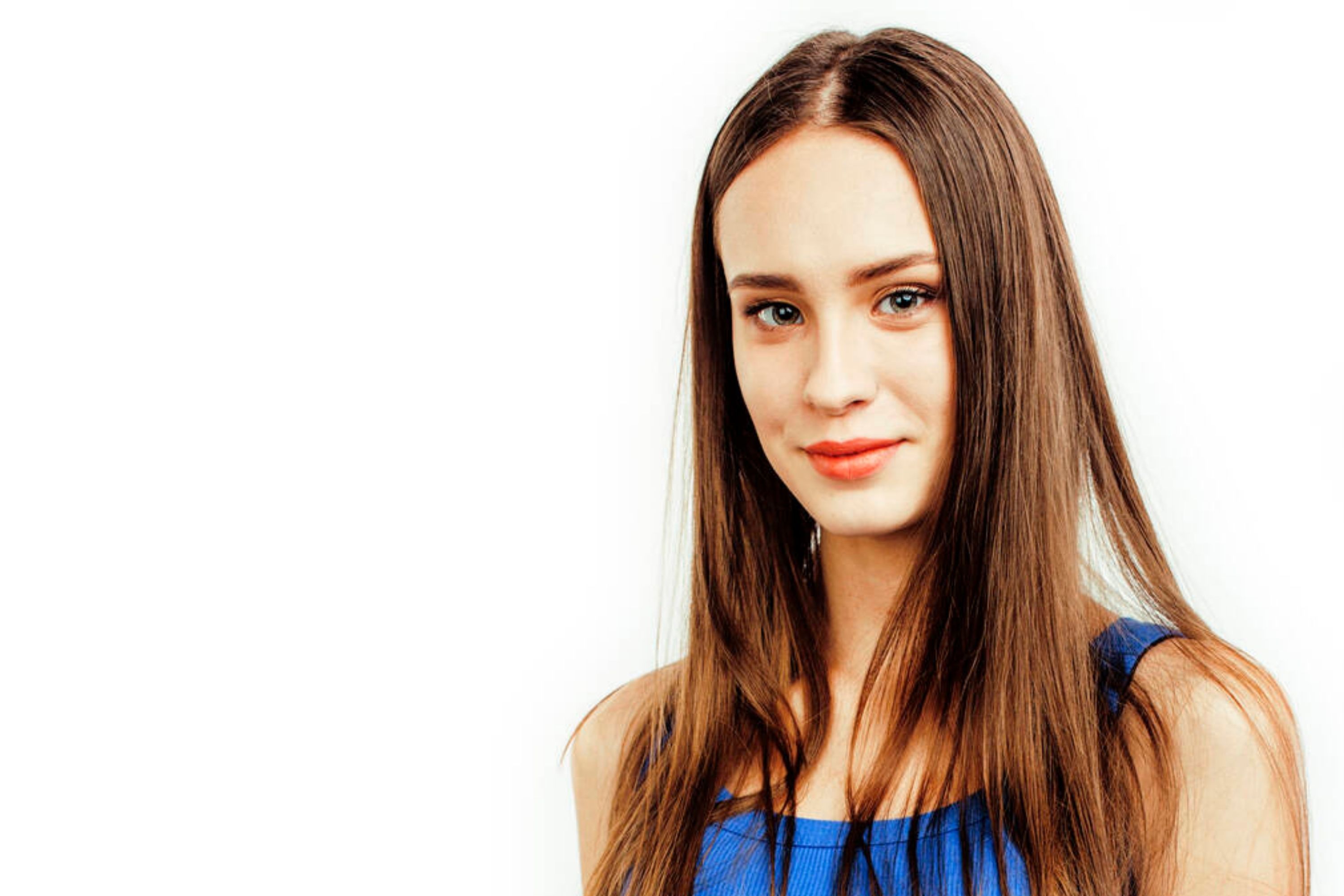
3. Coconut oil
This is for you if you wash or wet your hair a lot.
Coconut oil repels water and keeps moisture locked into the hair even if it is wet and dried off many times.
It has also been proven to reduce protein loss.

Wrap Up
If you use this list as a guide, you should have no problem managing whatever type of hair you have and keeping it well-nourished and healthy.
[wp-faq-schema title=”Frequently Asked Questions”]
